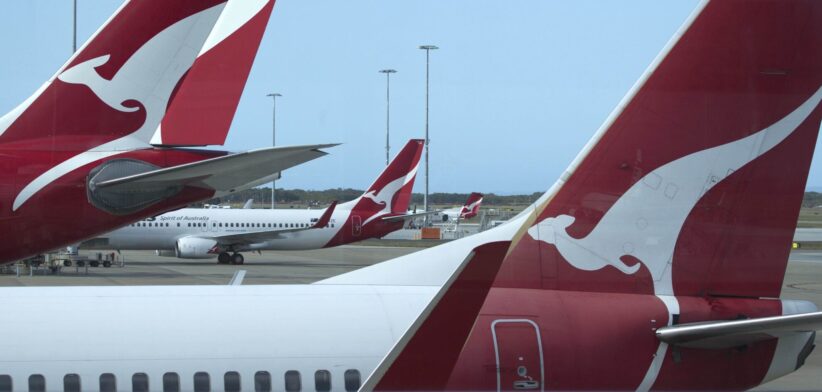Domestic flight cancellations in Australia have dropped to their lowest levels in almost four years.
New data from the Australian Competition and Consumer Commission (ACCC) shows cancellation rates for domestic airlines dipped below the long-term industry average for the first time since October 2020.
ACCC Commissioner Anna Brakey said in May 2024, 2.1 percent of flights were cancelled across the industry, compared to the long-term industry average of 2.2 percent.
She said this was down from a peak of 5 percent in December 2023.
“The latest results demonstrate the aviation industry is capable of outperforming the long-term industry averages and this is something we will continue to watch closely.”
Ms Brakey said in June 2024, the average cancellation rate increased to 2.5 percent, with Qantas recording the highest cancellation rate of any airline at 3.3 percent.
“This was followed by Jetstar at 2.2 percent and Virgin Australia at 1.9 percent.”
Ms Brakey said while the ACCC’s latest report also showed a decline in airfares and improved on-time rates for flights over the first half of 2024, it would continue to closely monitor domestic airfares on services between metropolitan cities following Rex’s withdrawal from this market.
She said the ACCC cautioned that consumers may miss out on the benefits of a more competitive domestic airline market, if Rex was unable to re-commence its services between metropolitan cities.
“Rex continues to provide important connectivity to communities across 33 regional and remote routes and the government has announced that it will guarantee regional flight bookings for Rex customers throughout the voluntary administration process.”
Ms Brakey said the collapse of Bonza and withdrawal of Rex from routes between metropolitan cities means that, as of July 2024, no domestic route had more than two competing airline groups.
“Consumers generally enjoy lower airfares where there is more competition on a route. With the suspension of Rex’s services between metropolitan cities, we are closely monitoring airfares and remain vigilant to any increases in prices on routes that Rex is no longer flying on.”
Ms Brakey said the report also looked at aircraft fleet management in Australia and the challenges airlines faced with expanding their capacity and acquiring newer aircraft.
She said the current issues faced by Rex, as well as Bonza’s collapse after just over 12 months of operations, highlighted the significant challenges faced by new and expanding airlines in this sector.
“Fleet size can impact the ability for an airline to compete effectively. Airlines with a larger fleet are more likely to achieve economies of scale in terms of acquiring the aircraft, training staff and maintenance support,” Ms Brakey said.
She said across the sector, airlines continued to face barriers to expanding capacity, updating an aging fleet, or securing parts required for maintenance due to global supply chain issues.
“These challenges can be exacerbated for airlines with a smaller fleet size, who may not have the necessary aircraft to service their scheduled flights when faced with delays and fleet repairs,” Ms Brakey said.








